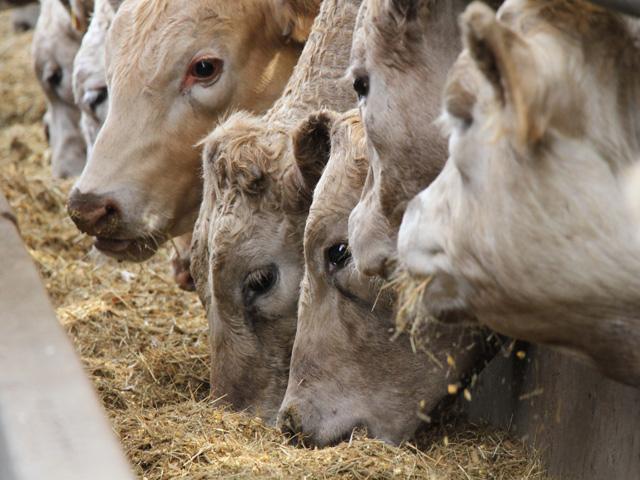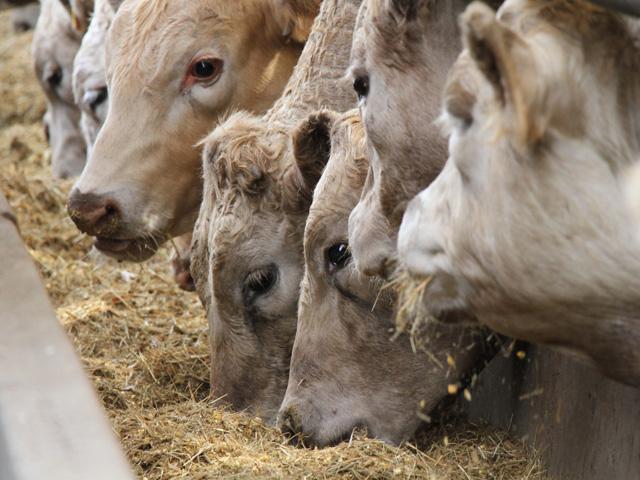Sort & Cull
Packers Are Extremely Short Bought
Last week's cash cattle trade was wild, but not the way you're probably thinking. Not because prices were unfathomably higher, or because the market traded a plethora of cattle, but instead because the market saw a key shift in how feedlots viewed their position, which was a monumental psychological move.
So often we think of markets as this third party object that's deciding the cattle market's fate behind some curtain. But in reality, markets are simply people making decisions about the facts at hand -- minute by minute, and at times, second by second.
P[L1] D[0x0] M[300x250] OOP[F] ADUNIT[] T[]
When the cattle market is oversupplied with fat cattle, it's not unusual to see cattle trade as early as Monday afternoon or Tuesday morning, as feedlots are anxiously waiting to see what bids packers are willing to extend, and they usually jump at their arrival. Over the last two months, however, we've slowly seen feedlots take on more of the marketing direction of the cash cattle market and slowly push trade out until Thursday or Friday of each week. This "market signal" tells packers feedlots aren't in a rush to trade cattle, as they have a product packers need but are willing to hold onto them until packers offer a price that feedlots deem fair.
This trend of cattle trading late in the week will likely continue until 2024 and potentially into 2025 or until the market becomes overburdened with supply again.
Feedlots' willingness to wait until Friday, Feb. 3, to trade cattle -- and then for a vast majority of the Southern feedlots to roll their showlists over to this week -- was a huge chess move for the industry. Packers now know that, moving forward, feedlots clearly understand their position in today's market and are willing to do whatever necessary to get the prices they want.
Last week's negotiated cash cattle trade totaled 64,468 head. Of that, 92% (59,129 head) were committed for nearby delivery, while the remaining 8% (5,339 head) were committed for deferred delivery. Northern cattle sold for mostly $248 to $251, mostly at $250 though, which is $2.00 higher than the previous week's weighted average. Of the sparse cash cattle trade that was reported in the South, cattle were trading at $159, which is $3.00 higher than the previous week's weighted average. Prices are indeed expected to be higher again this week as packers are undoubtedly short bought and in need of more cattle.
ShayLe Stewart can be reached at ShayLe.Stewart@dtn.com
(c) Copyright 2023 DTN, LLC. All rights reserved.






Comments
To comment, please Log In or Join our Community .